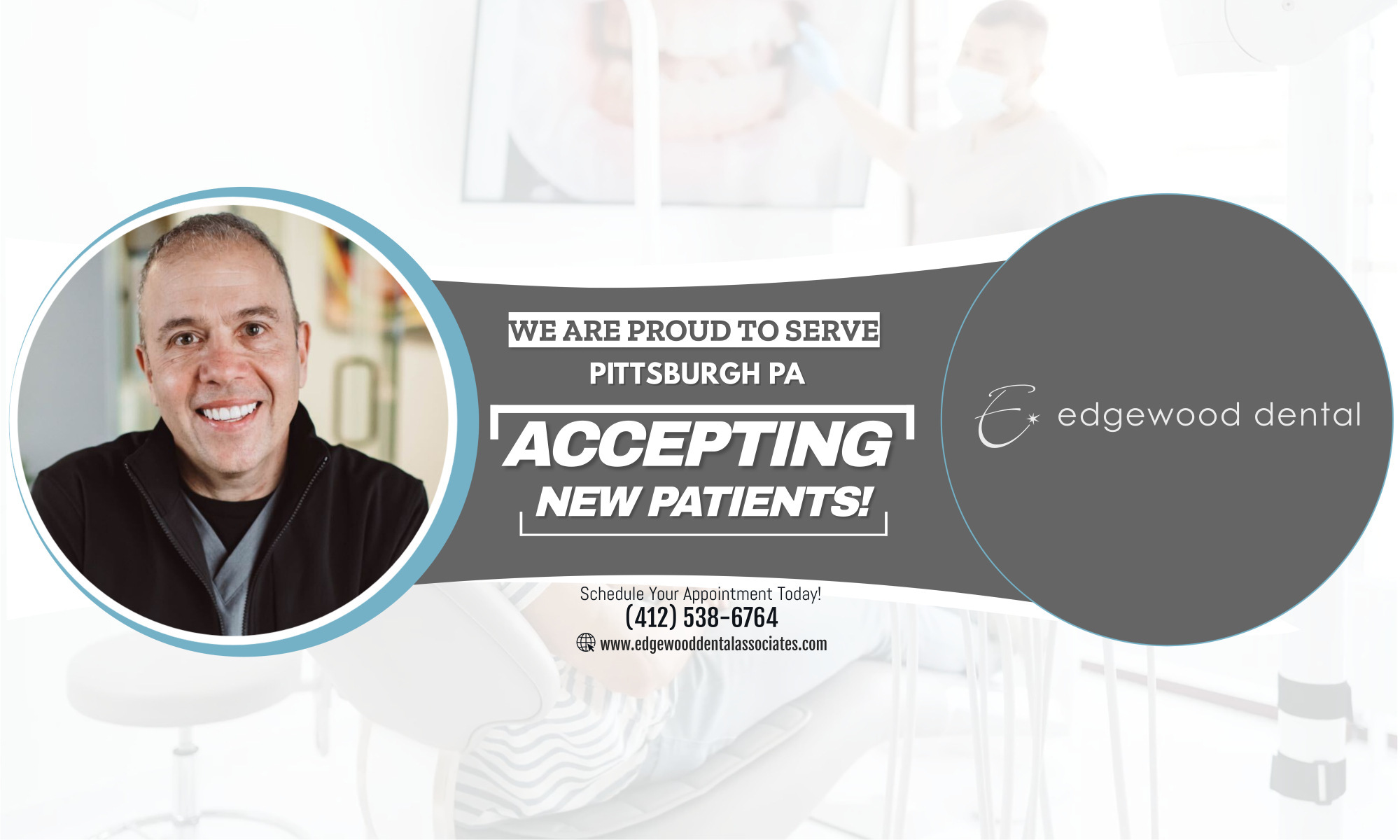You’ll give yourself the best chance of good oral health if you build a strong relationship with your dentist.
That can sometimes mean asking the right questions and helping them to assist you in the best way possible.
So you want to make sure you have a dentist who will first of all explain techniques that you should use to help prevent dental health problems. They should be willing to show you step-by-step what you need to do.
You should also choose a dentist who is willing to take time to answer your questions, especially when they are recommending a course of treatment.
If you don’t understand any part of what your dentist recommends, don’t be afraid to ask for more information.
You may want to ask if there are other options to the solution they recommend. For example:
– How do the options differ in cost?
– Which solution will last the longest?
– Do all the options solve the problem?
Ask the dentist which treatments are absolutely necessary, which are elective and Which are cosmetic.
Ask which procedures are urgently needed, and which ones are less urgent. Your dentist will help you prioritize between problems which need immediate attention and those that are less urgent.
Often, treatment can be planned over a period of time but make sure you understand any consequences of delaying treatment.
It’s naturally also important to make sure that you are given full information about fees and payment plans before treatment is scheduled.
